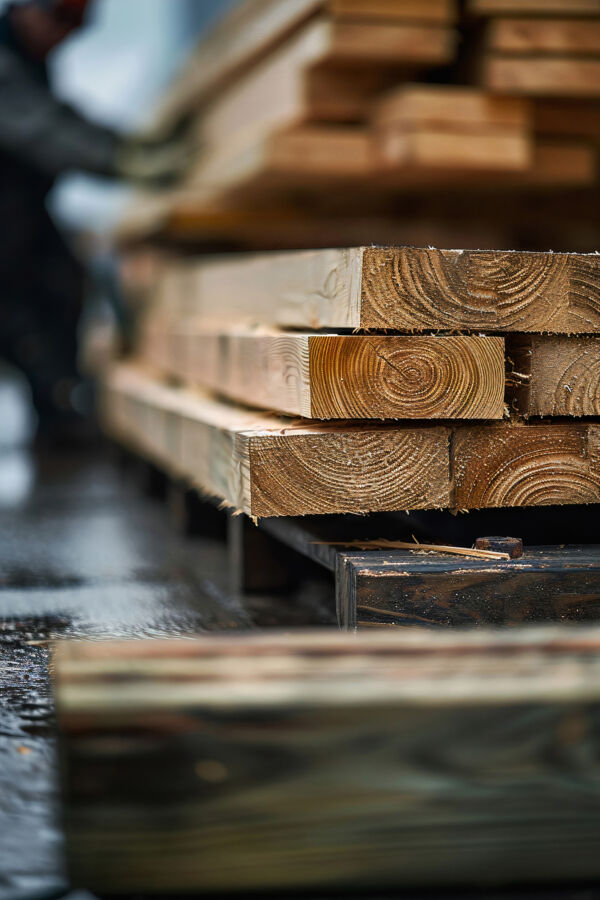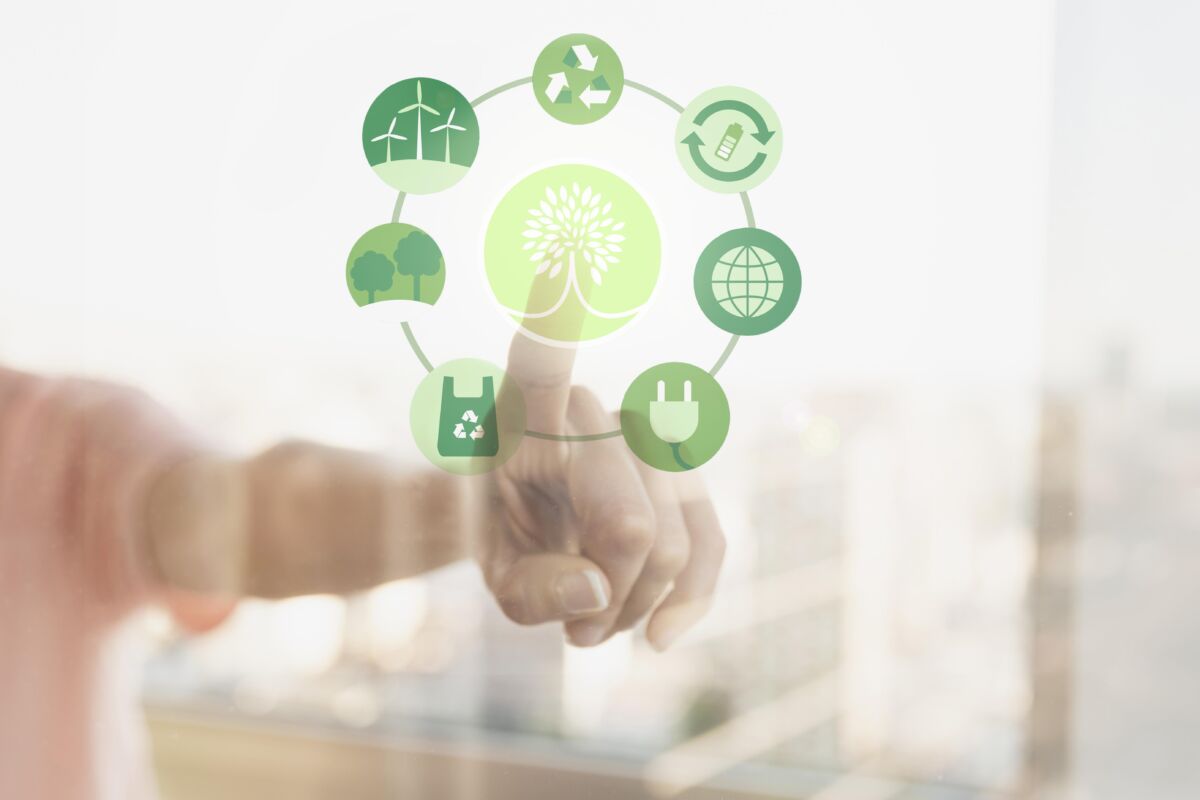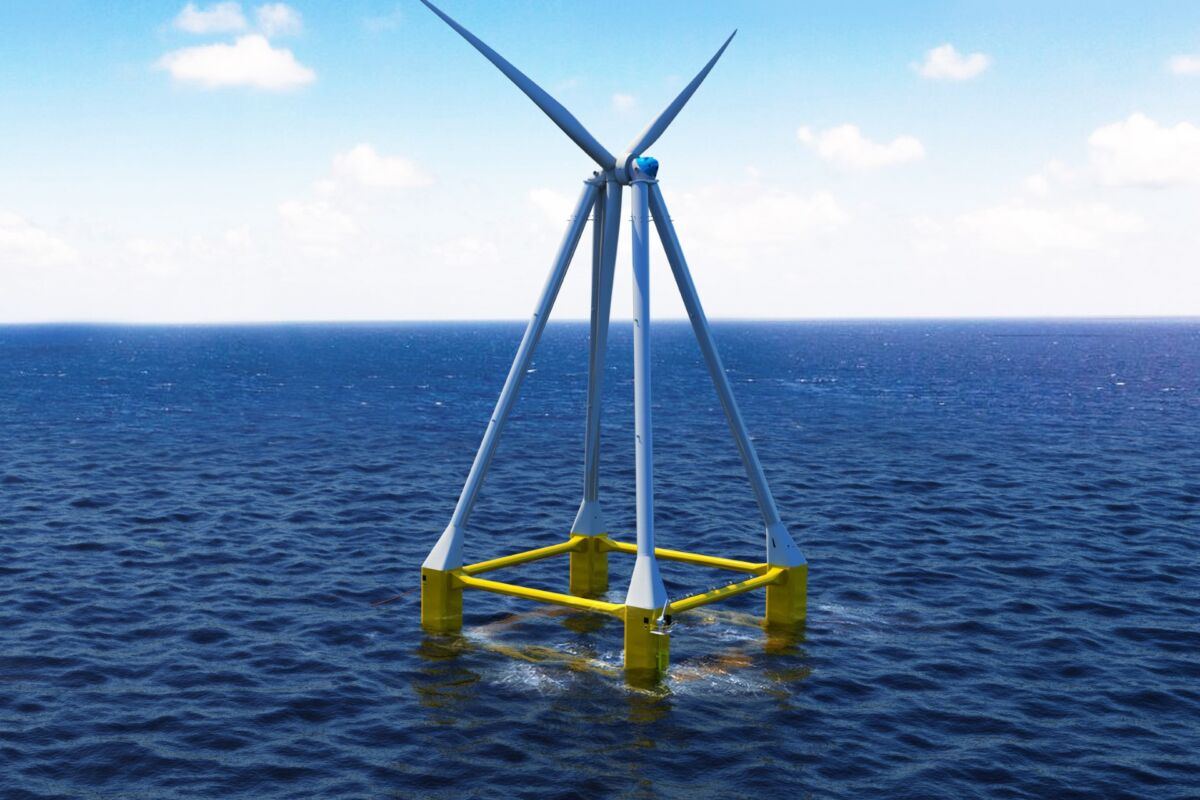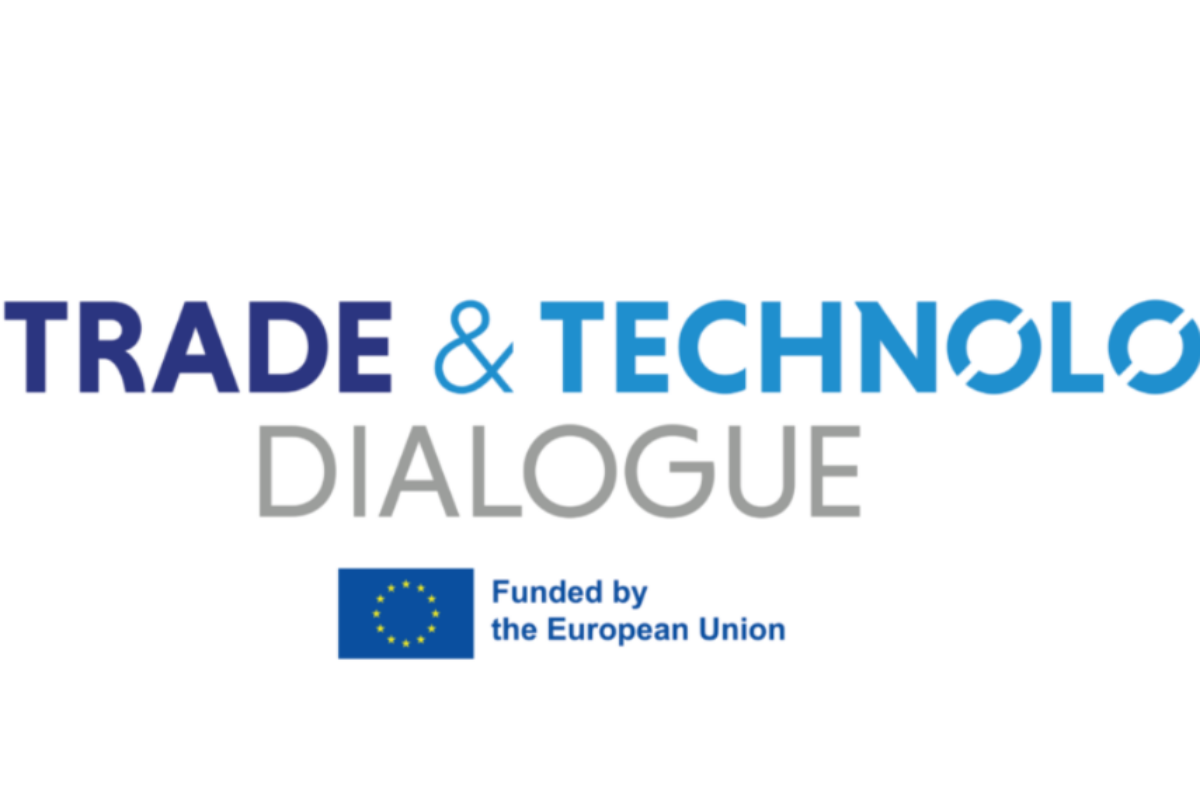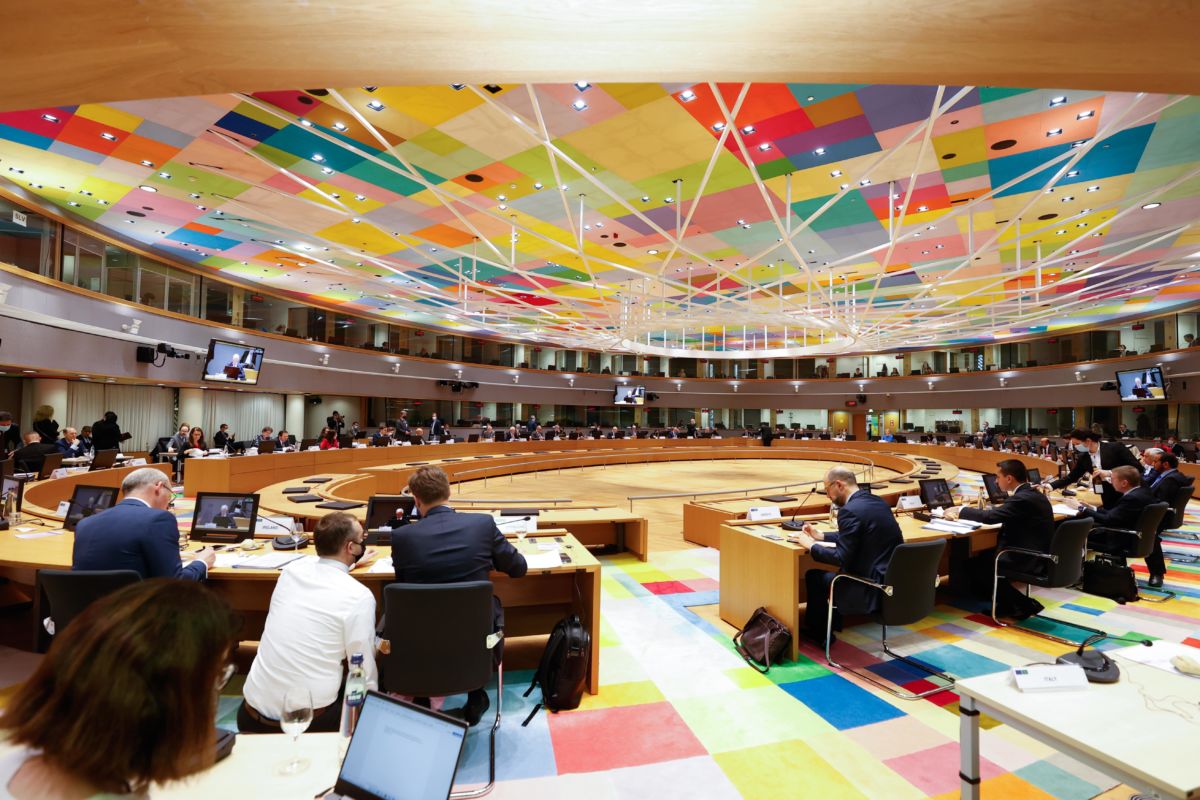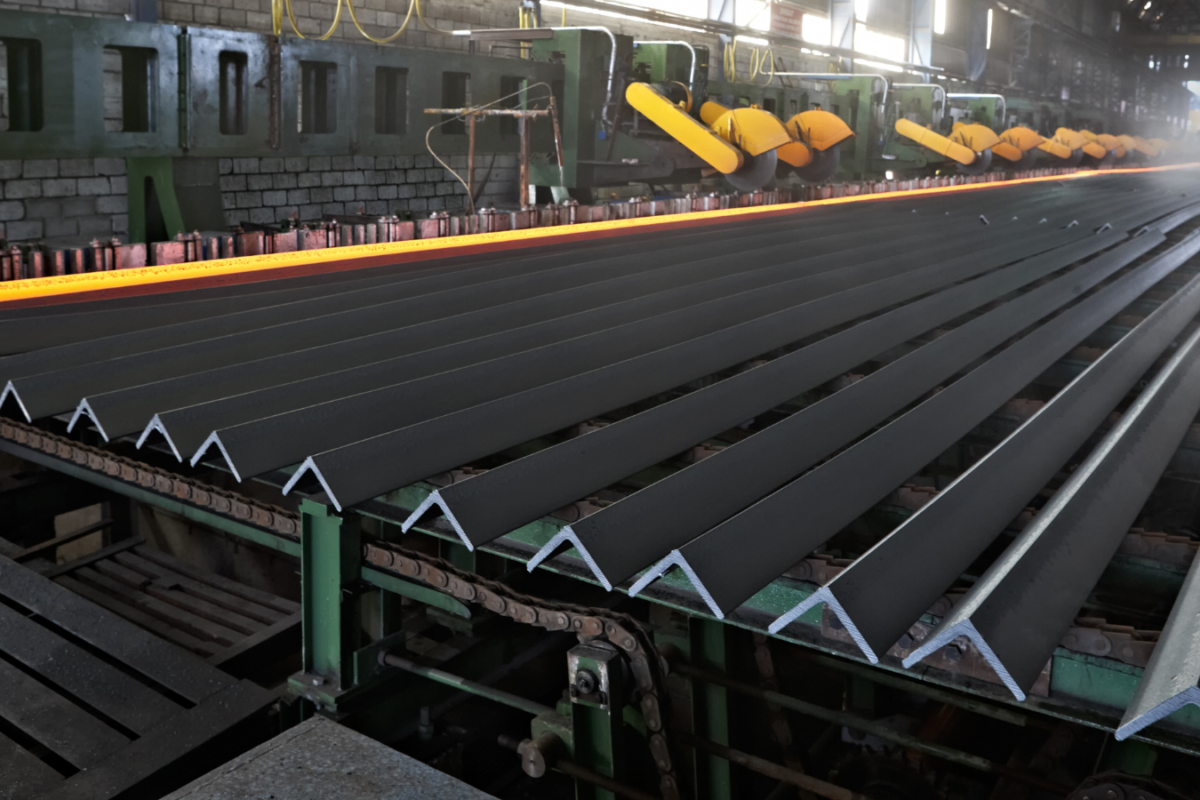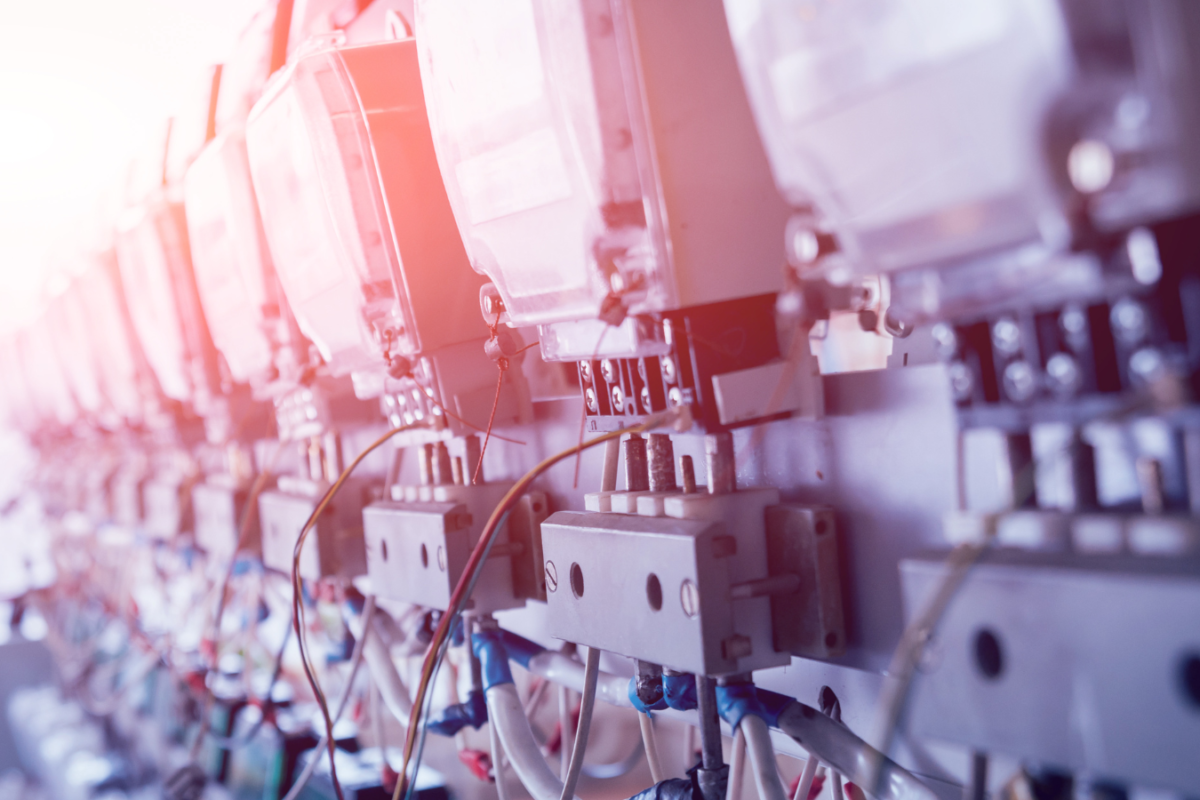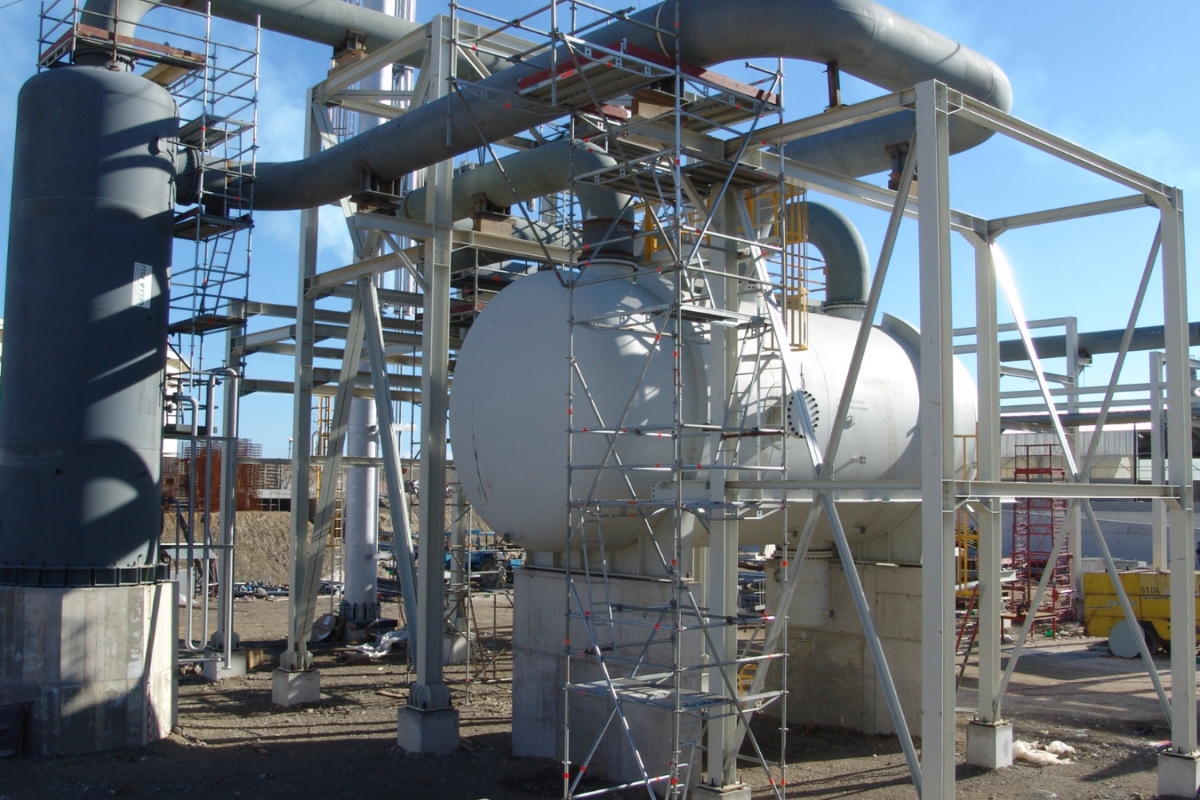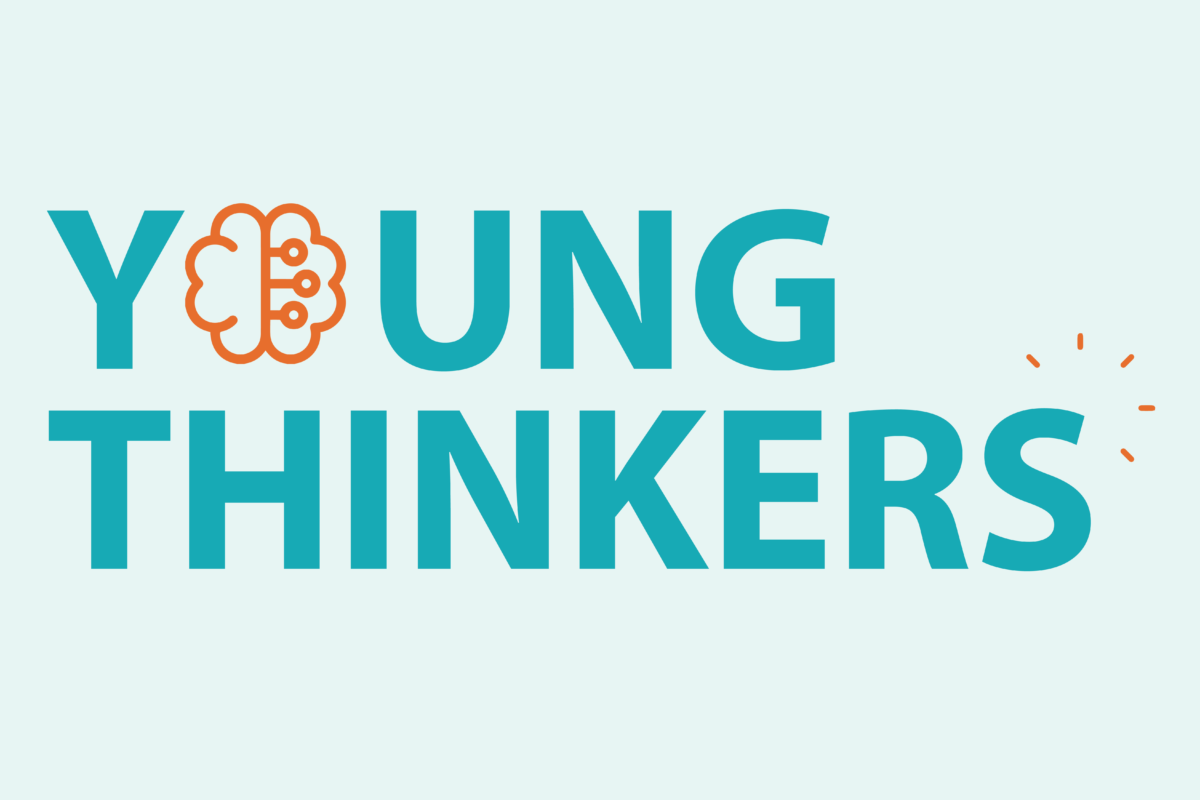Funded through the Horizon Europe Programme, the 4-year BATRAW project will help guarantee a stable raw material supply chain to support the expected growth in the electric mobility market. Two pilot tests, in Spain and in France, are developed to recover the cobalt, nickel, manganese, lithium, graphite, aluminium, and copper contained in these batteries.
The BATRAW project is aligned with the objectives of the proposed EU Regulation on batteries and waste batteries. This regulation, now under discussion, would require all batteries placed on the EU market, including those for electric and hybrid vehicles to be managed in a sustainable manner at the end of their useful life and serve as a source of secondary raw materials for sectors such as the automotive and renewable energy technologies.
Bringing together 18 partners from seven countries, the project includes a first phase focused on the development of eco-design guidelines that favour the repair and dismantling of batteries, as well as best practices for the safe handling and transport of these wastes. The project will also create a prototype battery from the recovered raw materials and a digital battery passport to capture and communicate key information throughout the battery life-cycle, including the sourcing, processing, (re-)use and recycling of components. In a final phase, the partners will analyse the feasibility of a business plan for the EU-wide exploitation of these new battery dismantling and recycling processes.
CEPS leads the policy work of the project and develops policy recommendations based on the project’s results to feed ongoing regulatory developments.





